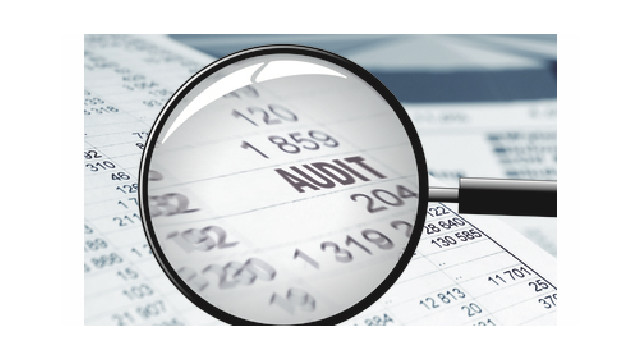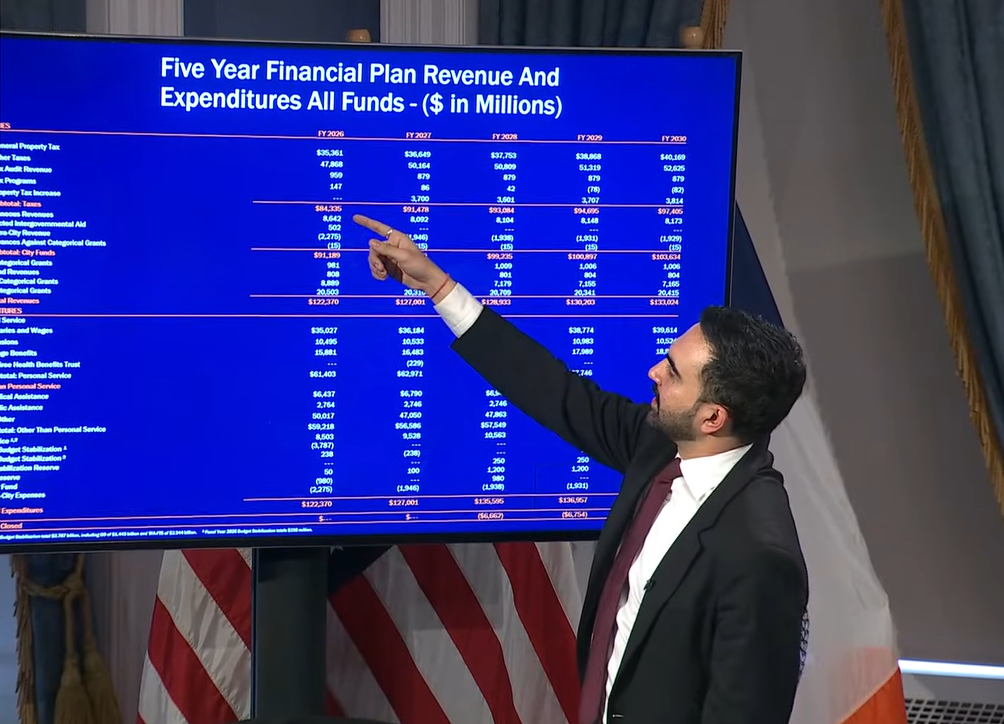The American Institute of CPAs’ (AICPA) Auditing Standards Board (ASB) agreed today to defer implementation of seven recently issued Statements on Auditing Standards (SASs) due to the coronavirus pandemic. These standards, SAS Nos. 134-140, will be deferred one year and are now generally effective for audits of calendar year-end 2021 financial statements.
“The AICPA has heard from numerous small and mid-size CPA firms that they and their clients are struggling due to the pandemic,” said Bob Dohrer, CPA, CGMA, AICPA Chief Auditor. “We understand that many firms may not have the time or resources to focus on effective implementation of SAS Nos. 134-140 this year. We hope the deferral will offer firms relief and an opportunity to implement the standards in the highest quality manner possible when the distractions from the pandemic have diminished.”
The decision came during a special two-hour open meeting, during which ASB board members discussed and voted to defer the effective dates of SAS Nos. 134 through 140. These standards, among other things, substantially change the auditor’s report.
The effective dates of the SASs were for audits of private company financial statements for periods ending on or after December 15, 2020. The deferral means that effective dates now apply for periods ending on or after December 15, 2021.
“For those standards where there was a prohibition against early implementation, the ban has been lifted so that firms that are prepared to implement the standards this year will be permitted to do so,” added Dohrer.
The standards affected are:
- SAS 134, Auditor Reporting and Amendments, Including Amendments Addressing Disclosures in the Audit of Financial Statements, as amended;
- SAS 135, Omnibus Statement on Auditing Standards—2019;
- SAS 136, Forming an Opinion and Reporting on Financial Statements of Employee Benefit Plans Subject to ERISA, as amended;
- SAS 137, The Auditor’s Responsibilities Relating to Other Information Included in Annual Reports;
- SAS 138, Amendments to the Description of the Concept of Materiality;
- SAS 139, Amendments to AU-C Sections 800, 805, and 810 to Incorporate Auditor Reporting Changes From SAS No. 134; and
- SAS 140, Amendments to AU-C Sections 725, 730, 930, 935, and 940 to Incorporate Auditor Reporting Changes From SAS Nos. 134 and 137.
For more on the AICPA’s Coronavirus audit and accounting resources please visit here.
The ASB is the senior technical committee of the AICPA designated to issue auditing, attestation, and quality control standards applicable to the performance and issuance of audit and attestation reports for non-issuers. Its mission is to develop and communicate comprehensive performance, reporting, and quality control standards and practice guidance to enable auditors of non-issuers to provide high quality, objective audit and attestation services at a reasonable cost and in the best interests of the profession and the beneficiaries of those services, with the ultimate purpose of serving the public interest by improving existing and enabling new audit and attestation services.
The American Institute of CPAs (AICPA) is the world’s largest member association representing the CPA profession, with more than 429,000 members in the United States and worldwide, and a history of serving the public interest since 1887. AICPA members represent many areas of practice, including business and industry, public practice, government, education and consulting. The AICPA sets ethical standards for its members and U.S. auditing standards for private companies, nonprofit organizations, federal, state and local governments. It develops and grades the Uniform CPA Examination, offers specialized credentials, builds the pipeline of future talent and drives professional competency development to advance the vitality, relevance and quality of the profession.
Thanks for reading CPA Practice Advisor!
Subscribe Already registered? Log In
Need more information? Read the FAQs
Tags: Accounting, Income Taxes




